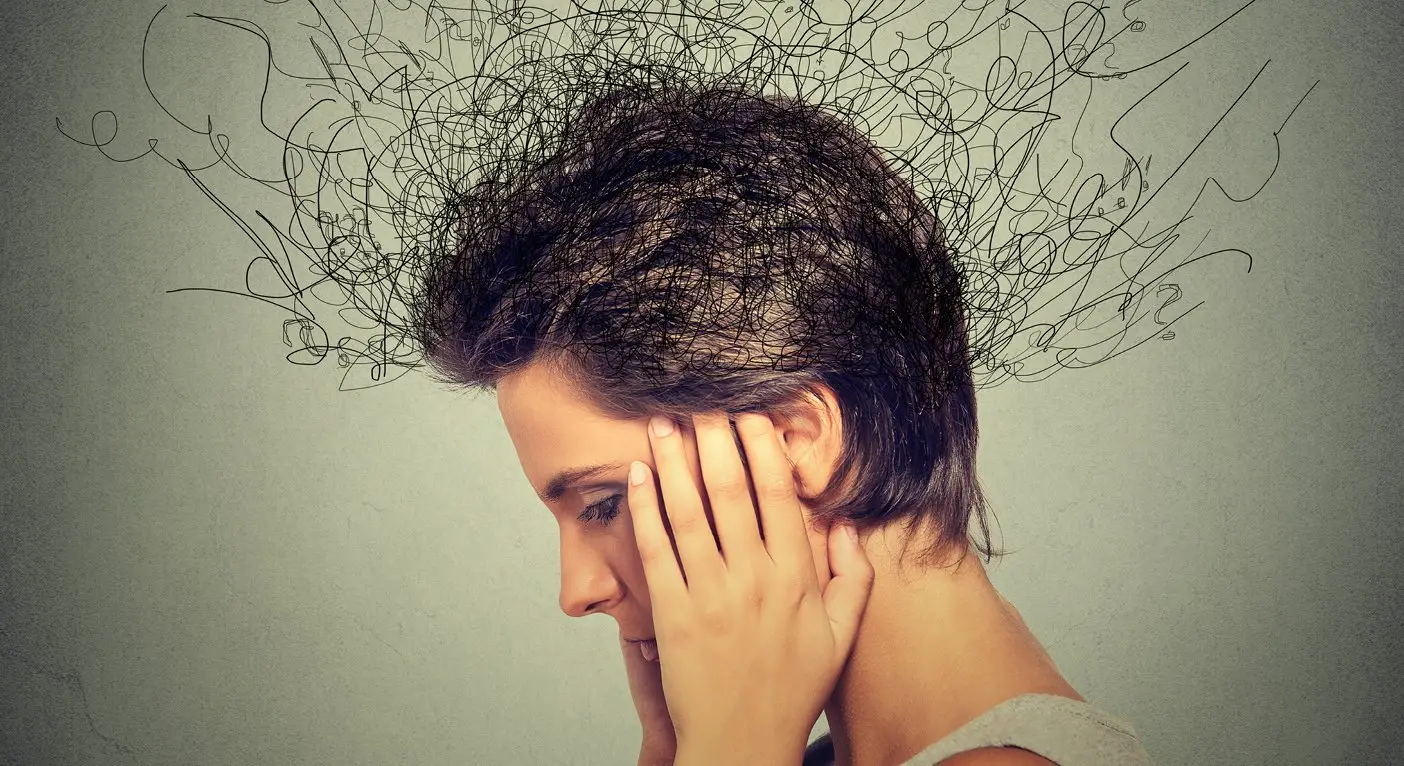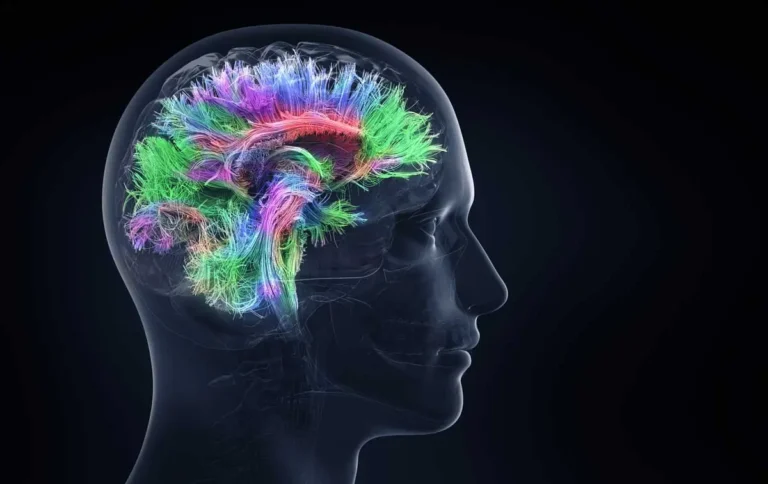8 Ways to Tackle Anxiety with Support from Local Experts in St. Petersburg
In our fast-paced world, anxiety has become a common companion for many. However, the good news is that there are numerous strategies and practices that individuals can adopt to manage and alleviate their apprehension. Each approach offers unique benefits from mindfulness and meditation to physical activity, from maintaining a healthy diet to ensuring quality sleep. Moreover, understanding the importance of limiting stimulants, connecting with others, and seeking professional help when necessary can make a significant difference in one’s mental health journey.
This blog explores eight effective ways to tackle anxiety, shedding light on practical steps to find relief and support. By embracing these strategies, you can embark on a path toward greater emotional balance and well-being, reinforcing that managing stress is possible and empowering.

1. Mindfulness and Meditation:
Mindfulness and meditation are powerful tools in the battle against anxiety. By focusing on the present moment, these practices help to break the cycle of chronic worry and stress that often accompany anxiety disorders. Mindfulness encourages an attentive awareness of the here and now, fostering a state of calm by redirecting thoughts away from negative patterns. Through regular meditation, individuals learn to observe their thoughts and feelings without judgment, which can diminish the power these internal experiences have over their mood and behavior.
Incorporating mindfulness and meditation into one’s daily routine doesn’t require extensive time commitments or special equipment. Simple techniques, such as deep breathing, guided imagery, or even mindful walking, can be integrated into everyday life, offering a practical approach to stress management. Over time, these practices can significantly improve emotional well-being, reducing stress and increasing a sense of peace and stability. As skills in mindfulness and meditation deepen, so does the ability to navigate life’s stresses with greater ease and resilience, making them invaluable tools for anyone looking to manage stress more effectively.
2. Physical Activity:
Regular physical activity stands out as a robust ally in the quest to manage and reduce anxiety. Engaging in exercise catalyzes the release of endorphins, often called the body’s natural mood enhancers. These biochemicals are pivotal in elevating well-being and can significantly alleviate stress and anxiety. The beauty of physical activity as a strategy for anxiety relief lies in its simplicity and accessibility. Whether it’s a brisk walk through a neighborhood park, a short yoga session in the living room, or a more structured workout at the gym, the variety of ways to incorporate exercise into daily life ensures that individuals can find an approach that resonates with their preferences and lifestyle.
Moreover, the psychological benefits of exercise extend beyond the immediate boost in mood. Regular physical activity can improve sleep patterns, enhance self-esteem, and provide a constructive outlet for releasing tension. It creates a virtuous cycle where the mind-body connection is strengthened, fostering a holistic sense of health and resilience against anxiety. In essence, by making exercise a consistent part of one’s routine, individuals can unlock a natural, effective method for navigating the challenges of anxiety, enhancing both physical and emotional well-being.
3. Healthy Diet:
Maintaining a healthy diet plays a crucial role in managing anxiety. Daily food choices can directly influence our mood and energy levels, affecting our overall mental health. A diet rich in vegetables, fruits, lean proteins, and whole grains provides the body with essential nutrients that can help stabilize mood. Nutrients such as omega-3 fatty acids, found in fish, and antioxidants, abundant in fruits and vegetables, have been linked to reduced stress levels.
Furthermore, complex carbohydrates found in whole grains can help regulate serotonin levels in the brain, often called the “happiness chemical,” contributing to a calmer and more stable mood. By contrast, diets high in processed foods, sugary snacks, and caffeine can exacerbate anxiety symptoms, leading to spikes and crashes in energy and mood.
Therefore, making informed food choices can be a simple yet effective way to support your mental health. A balanced diet improves physical health and provides a solid foundation for managing stress, making daily challenges more manageable and promoting an overall sense of well-being.
4. Quality Sleep:
Quality sleep is a cornerstone of mental health, playing a vital role in managing and mitigating anxiety. The relationship between sleep and anxiety is bidirectional: while anxiety can lead to sleep disturbances, poor sleep can, in turn, intensify feelings of anxiety, creating a challenging cycle to break. Striving for 7-9 hours of sleep each night is recommended for most adults, as this duration supports optimal health and cognitive function, helping to regulate mood and stress levels.
Establishing a relaxing bedtime routine is instrumental in improving sleep quality. This routine can include activities that signal to your body it’s time to wind down, such as reading, taking a warm bath, or practicing mindfulness exercises. Reducing screen time before bed is also crucial, as the blue light emitted by devices can interfere with the production of melatonin, the hormone responsible for regulating sleep cycles.
Creating a sleep-conducive environment—cool, quiet, and comfortable—further enhances the quality of rest. Incorporating practices like using comfortable bedding, minimizing noise and light pollution, and maintaining a consistent sleep schedule even on weekends can significantly improve sleep quality and, by extension, help manage anxiety more effectively. Individuals can create a strong foundation for reducing stress and enhancing overall well-being by prioritizing sleep and developing a calming pre-sleep routine.
5. Deep Breathing Exercises:
Deep breathing exercises serve as a potent antidote to the unsettling grips of anxiety. Among the various techniques, the 4-7-8 method and diaphragmatic breathing stand out for their simplicity and effectiveness. The 4-7-8 technique, in particular, is a breathing rhythm that promotes relaxation by combining the powers of meditation and controlled breathing. It involves inhaling through the nose for 4 seconds, holding the breath for 7 seconds, and exhaling through the mouth for 8 seconds. This pattern helps to slow down the heart rate and encourage the body to take in more oxygen, fostering a state of calmness.
On the other hand, diaphragmatic breathing emphasizes full engagement of the diaphragm during breathing. By focusing on deep, belly breathing, this technique allows for more efficient oxygen exchange and helps stabilize blood pressure, further alleviating anxiety symptoms. Both methods activate the body’s natural relaxation response, shifting it from the stress-induced “fight or flight” state to a more peaceful “rest and digest” mode. By practicing these exercises regularly, individuals can cultivate a powerful tool to manage anxiety, enhancing their overall well-being and quality of life.
6. Limit Stimulants:
Limiting the intake of stimulants, such as caffeine and nicotine, is a strategic move in managing anxiety. These substances have a direct impact on the central nervous system, often heightening feelings of jitteriness, restlessness, and anxiety. Caffeine, found in coffee, tea, chocolate, and some soft drinks, can exacerbate anxiety symptoms by increasing heart rate and blood pressure, mimicking the physical sensations of anxiety. Similarly, nicotine, a stimulant present in tobacco products, can raise alertness and lead to disruptions in sleep patterns, further aggravating anxiety levels.
Cutting back or eliminating these stimulants from your diet can lead to noticeable improvements in your mental health. For those accustomed to high intake levels, it’s essential to reduce consumption gradually to avoid withdrawal symptoms, which can temporarily increase stress levels. Replacing these stimulants with healthier alternatives, such as herbal teas or water, can ease the transition and support hydration and overall well-being.
Furthermore, focusing on a balanced diet that supports stable blood sugar levels can also aid in managing anxiety. Consuming regular, nutritious meals and snacks prevents the spikes and dips in blood sugar that can contribute to feelings of anxiety and irritability. By being mindful of stimulant intake and adopting a balanced diet, individuals can take significant steps towards reducing anxiety and improving their mental health landscape.
7. Connect with Others:
Connecting with others plays a crucial role in managing anxiety, providing a source of comfort, understanding, and shared experiences. When we open up about our feelings and struggles with friends, family, or within a support group, it can significantly alleviate the sense of isolation that often accompanies anxiety. This act of sharing creates a space for emotional support, where individuals can receive empathy, encouragement, and sometimes, practical advice on coping strategies that others have found helpful.
Social connections also remind us that we are not alone in our journey through anxiety. Knowing that others have faced and navigated similar challenges can be incredibly reassuring. They foster a sense of community and belonging, which are fundamental human needs. Additionally, these connections can offer new perspectives and coping mechanisms, enhancing our toolkit for managing anxiety.
Beyond emotional and practical support, engaging in social activities can be therapeutic, providing distraction and relaxation. It’s important, however, to choose a supportive and understanding network, as positive social interactions can reinforce a sense of safety and security, further reducing anxiety levels. Whether through one-on-one conversations, group meetings, or even online communities, fostering meaningful connections is a powerful step toward managing stress more effectively.
8. Seek Professional Help to Reduce Anxiety:
Seeking professional help is a pivotal step when anxiety becomes overwhelming and difficult to manage independently. A licensed therapist or counselor can offer personalized strategies and coping mechanisms tailored to your needs and circumstances. Engaging in therapy can provide new perspectives on your experiences and emotions, helping to uncover underlying causes of anxiety and teaching effective ways to cope with stress and anxious thoughts.
Therapists utilize various evidence-based practices, such as Cognitive Behavioral Therapy (CBT), which is particularly effective in treating anxiety disorders. These approaches help in restructuring negative thought patterns and developing healthier coping mechanisms, thereby reducing the intensity and frequency of anxiety episodes.
For those looking for professional assistance, McNulty Counseling and Wellness offers services to support individuals dealing with anxiety. With a team of experienced therapists, McNulty Counseling and Wellness provides a supportive and confidential environment where you can explore your feelings, understand your anxiety triggers, and learn practical techniques to manage anxiety more effectively. Their expertise and personalized approach can be invaluable in your mental health and well-being journey.
Conclusion
While challenging, anxiety can be successfully navigated with the right tools and support. The strategies discussed—from mindfulness practices and physical activity to dietary adjustments and sleep hygiene—highlight the multifaceted approach necessary for effective management. Limiting stimulants and cultivating strong social connections further enrich this holistic approach, providing a sturdy foundation for coping with stress.
Additionally, recognizing when to seek professional help is crucial, as personalized guidance can offer profound insights and strategies tailored to individual needs. McNulty Counseling and Wellness stands out as a beacon of support for those in the St. Petersburg area, offering expert assistance in navigating the complexities of anxiety. Together, these avenues pave the way toward a more serene and manageable existence, underscoring the power of proactive and compassionate approaches to mental health.
Contact Us
If you’re finding yourself overwhelmed by the challenges of anxiety or know someone who is, remember that you’re not alone. McNulty Counseling and Wellness offers support and expert guidance through these trying times. Our dedicated team specializes in therapeutic approaches tailored to your unique needs, ensuring a compassionate and effective path toward managing anxiety.
By visiting our website at mcnultycounseling.com/, you’ll discover a wealth of resources and insights into how we can assist you in taking those crucial steps toward recovery. We understand the importance of accessibility, so we’re available through various channels. Whether you prefer to call or text us at 727-344-9867 or email Admin@McNultyCW.com, we’re here to listen and help. Let us be part of your journey to a more peaceful and resilient life.







